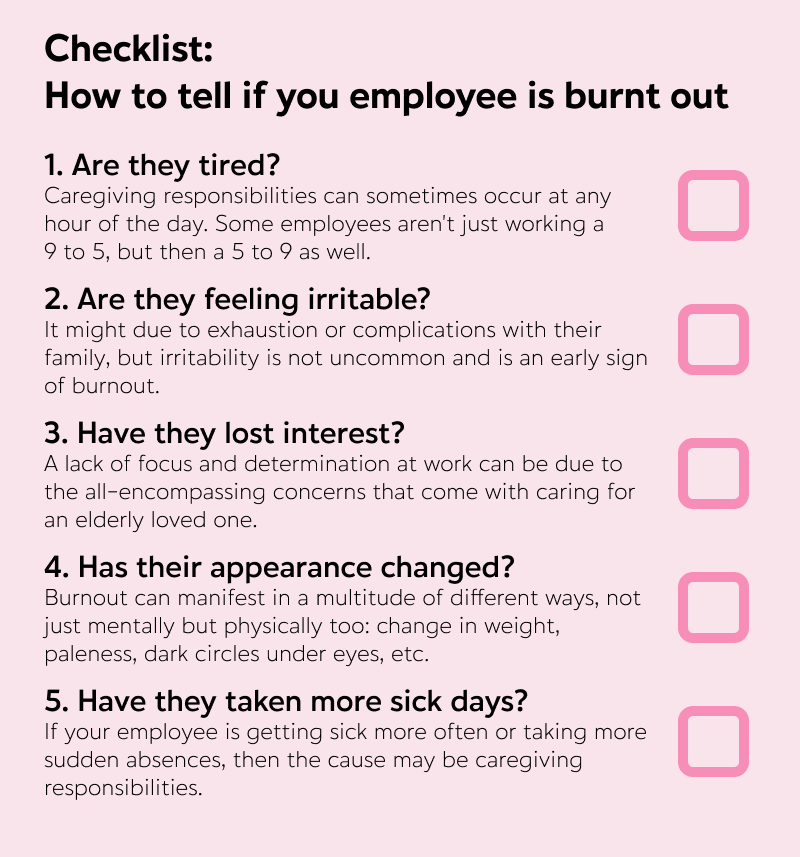This site uses services that use cookies to deliver a better experience and analyse traffic. You can learn more about the services we use in our cookies policy.
How to avoid burnout on a budget


Robin Hill
|
Copywriter
12 May 2023
The causes and consequences of burnout on employees is well documented. In the B2B world, every other article will tell you how detrimental burnout is on your workforce. If you aren't familiar with the signs of burnout, check out this great video we made with the Head of Care at Oliva, Polly Hasleton.
We get it, tired workers ain't good workers. It only takes a little empathy to realise that when you're overworked, it leads to stress, fatigue and frustration, culminating in nothing positive. If only there was a workplace benefit out there that could solve burnout overnight.
Doesn't exist. Sorry.
Many benefit providers will wax lyrically about the incredible effects that their benefit scheme has on organisations:
“Say goodbye to burnout with our premium mental health service that gives vetted councillors on-demand to your employees.”
Sure, sounds great! But these benefits realistically need time, good implementation and money to make a positive effect. The cost of living crisis isn't just affecting everyday, ordinary people, but everyday, ordinary organisations too. Businesses, as well as the employees they hire, are attempting to save all the money they can. And who could blame them? So rather than pitch our superb eldercare service, Seniorcare by Lottie, we want to provide you with some info on how to avoid burnout on a budget.
1. Stop overworking employees
Works every time. Guaranteed. Always. Never fails.
Of course, this is easier said than done. When you have tight deadlines and not a lot of resources it's understandable that overworked employees can happen as a result. However, the truth is, a little bit of empathy goes a long way and there is no benefit out there that will actually reduce your workload. My old boss used to say to me, “pressure is a privilege”, and I still have no idea what that means. If you want to avoid burnout overnight, rethink your employee's work schedules, restructure the cadence of how work is produced and cut them some slack. Data suggests that for almost 70% of people, their manager has more impact on their mental health than a therapist or doctor.
2. Check in on employees
Most workplaces are more than willing to accommodate their staff if they are burning out. If most managers knew burnout was on the horizon, they would deal with it as deftly as possible. But that's the problem, most managers aren't even aware that there is a problem in the first place. That's not just the fault of managers, 67% of employees said they haven't told their employers about their poor mental-wellbeing. Whether they are embarrassed (23%), didn't think their employer could help (24%) or feared it would negatively affect their career (19%), it's evident that managers are important to start this conversation. Here's a handy checklist to keep in mind that raises awareness of burnout and when you need to open up and start a conversation with employees.

3. Encourage time off
Every full-time employee in the UK is entitled to annual leave. Some organisations may only provide statutory leave, whereas others will boast unlimited leave. Either way, it's irrelevant. Psychologically when employees are overworked they are discouraged to take time off work with the fear they will never get their work done. It's a vicious cycle that undermines the employee and their output. Encouraging time off and taking a break may seem counterintuitive as an employer, but that break is essential to preventing burnout. That bit is obvious. But when that encouragement comes from a managerial position it shows compassion, empathy and consideration into the mental wellbeing of that employee. It's a small gesture that has a mighty impact and it doesn't cost a single penny.
Other insights
A collection of engaging articles, guides and insights for leading Benefits Professionals




